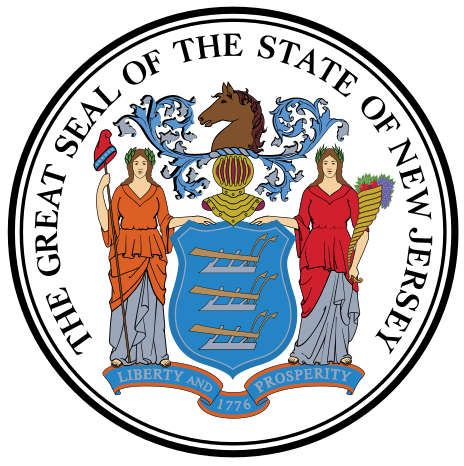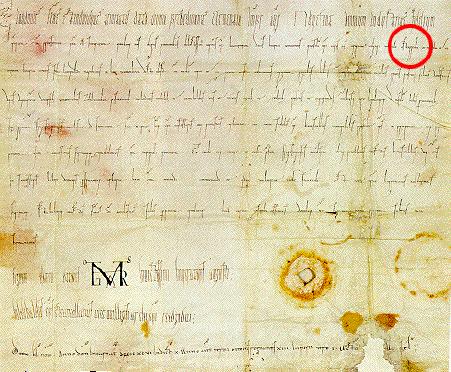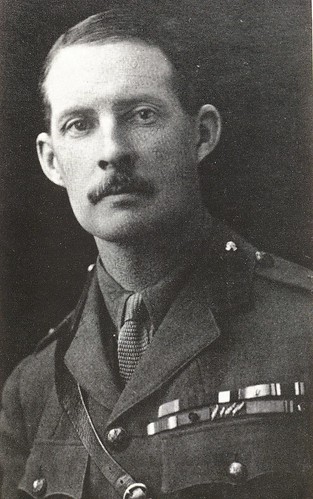Eight dozen years ago today, the guns of the Great War fell silent – the first anniversary of Armistice Day after the centennial of the beginning of that same dreadful war.
On the same day, the Emperor of Austria renounced power and the Austro-Hungarian Imperial-Royal Family moved from Schönbrunn to internal exile at Eckartsau.
Two days later, the Hungarian equivalent to the Austrian renunciation was signed at Eckartsau.
A world ended, it was the dawn of a new age, the era of Wilsonian mass democracy.
On the day 29 years later, on November 11, 1947, Winston Churchill delivered his famous dictum on democracy (also: on his supposed quote on a five minute conversation with an average voter). He did so in defense of the prerogatives of the House of Lords. The following year the first volume of Churchill's six-volume work on World War Two came out. In his assessment of World War One and its end, Churchill praised the achievements of the Habsburg monarchy and decried how World War One was a war of peoples who could not come to good terms with each other, as opposed to how the aristocrats managed affairs at the Congress of Vienna just over a hundred years earlier.
It is too the anniversary of the House of Lords Act 1999.
This seems to be a day for modern democracy. At least, the end of a dreadful war should indeed be celebrated, as a deed in itself.









